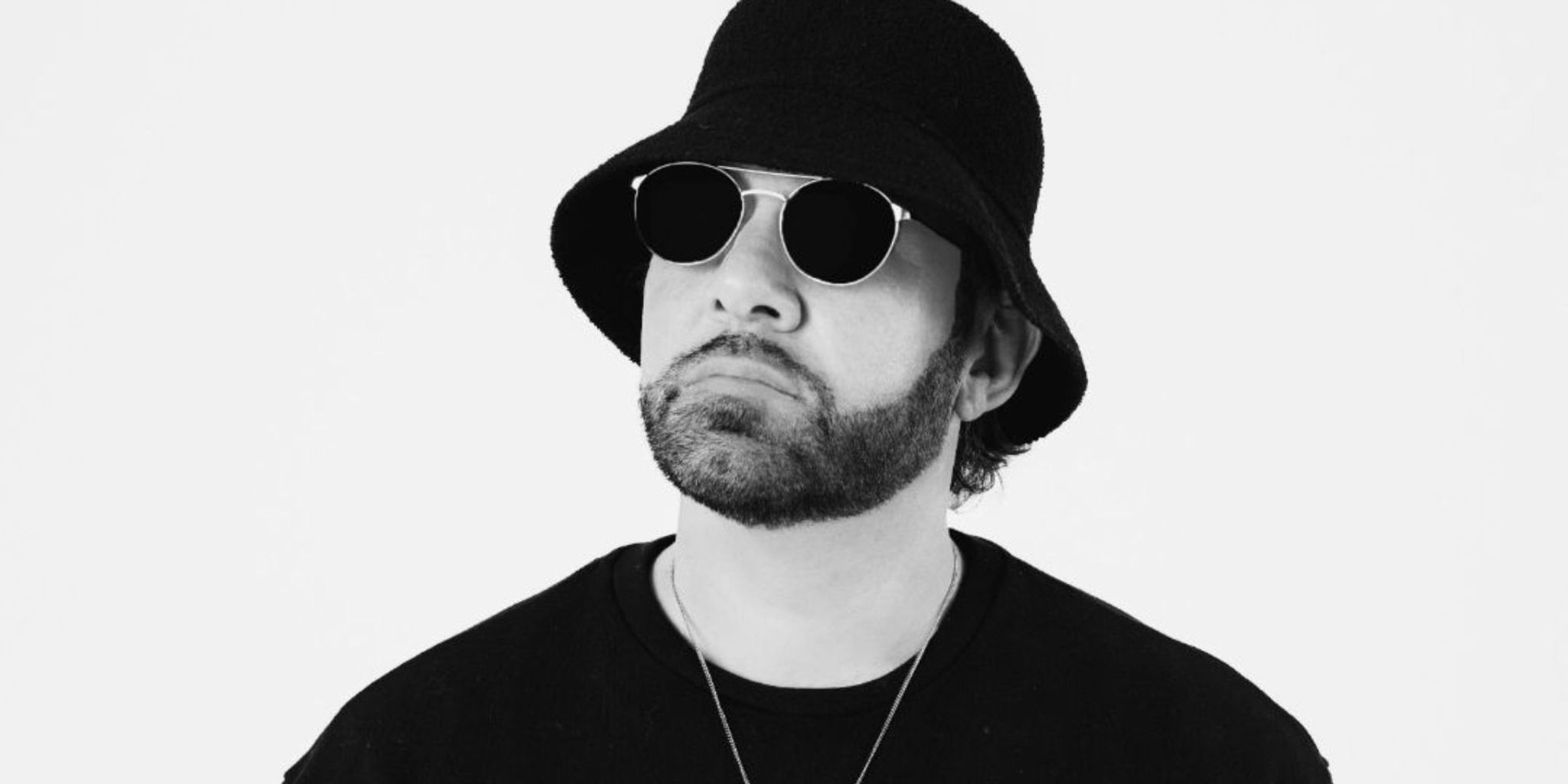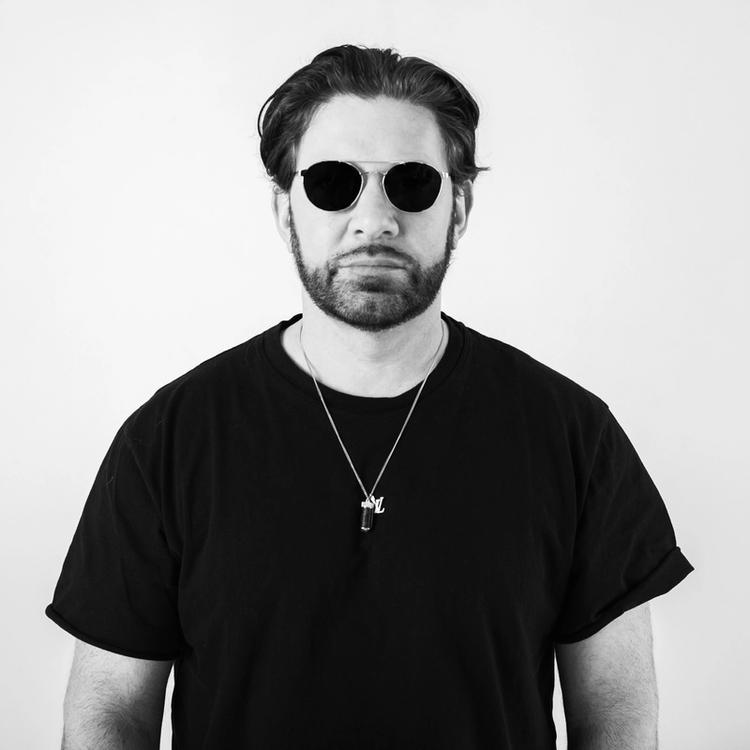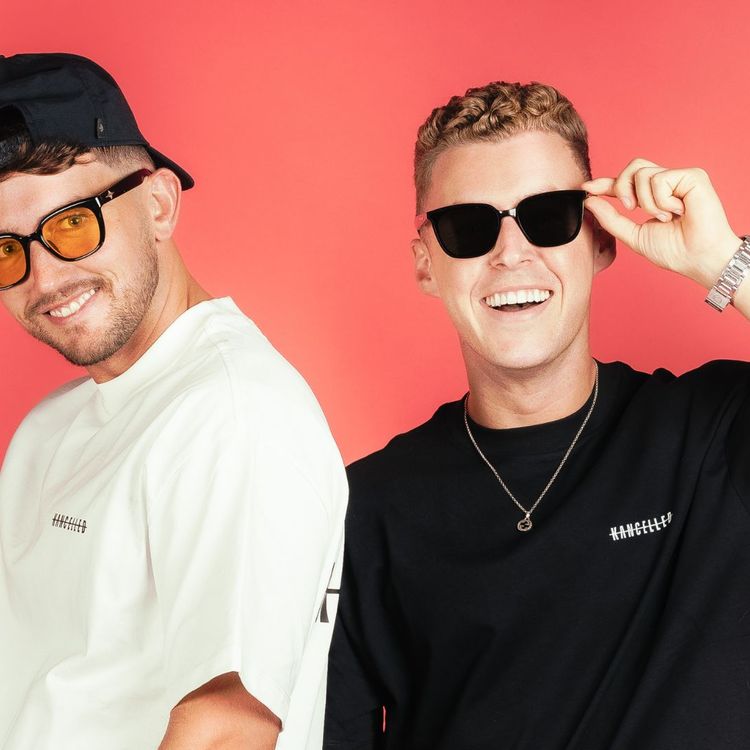How Shiba San Transitioned from French Hip-Hop to House Music Innovator
When France’s Shiba San broke through nearly a decade ago with his ubiquitous smash “OKAY” – an unprecedented hit that held the #1 spot in the Beatport house charts for 82 days, proving a definitive anthem as house music enjoyed a renaissance throughout the US in the years that followed – it appeared almost as if this impressive success had bloomed out of nowhere. However, when Shiba San eventually broke his silence following the release of “OKAY,” he revealed that his effortless knack for US-flavored house music actually followed nearly 15 years as a producer behind the scenes in the French hip-hop scene.
When VICE spoke to Shiba San in 2014 while he was underway with his debut US tour, he emphasized that his recent success was the output of a honed craftsman. Previously known as the producer and DJ Cutee B, he’d been a key player in the French music industry for well over a decade, albeit largely behind the scenes as a producer for hire.
“I’ve had a couple international tracks before, but you’re right in the sense that I was always behind the scenes as the producer of someone else’s song,” he said, confirming that prior to the release of “OKAY,” and the subsequent launch of his Basement Leak imprint, he’d produced music solely for the French market.
“Even though it wasn’t my name, it was my music, and it wasn’t ever really important for me to be famous as long as I was making the music and it was making other people happy.”
However, he revealed that one of his first true musical loves was the legendary sounds that emerged from the Chicago house scene, which proved definitive when he was learning the ropes as a producer.
“It’s such a mythic house city,” he says of Chicago. “I started listening to house music when I was really young with vinyl from the crates of Sounds of Chicago, that was really the start of my musical story.”
He explains that his love of US house was so ingrained in his musical identity that his transition from French hip-hop felt natural and intuitive. It didn’t go unnoticed that he’d managed to smoothly infuse his hip-hop heritage into his newly-minted productions, quickly leading to releases on leading imprints like Suara and Dirtybird alongside the swift success of Basement Leak.
“Now my joy comes from being able to make the exact kind of music I want to make and to have no one telling me to change this or that,” he told VICE. “Not to mention, the ability to tour and play shows with your own music is something pretty amazing. What’s cool is how quickly it all came about. I never really tried to do this…. I mean, what else could I ask for?”












